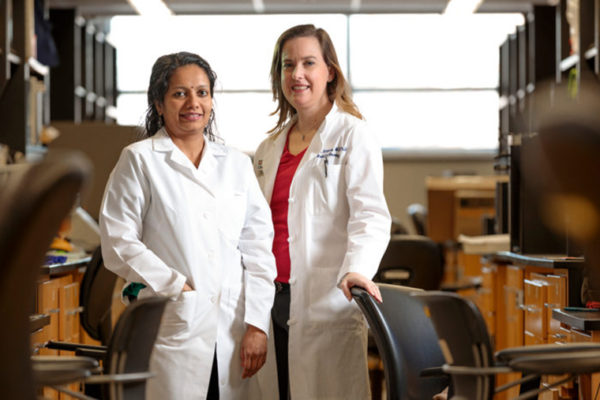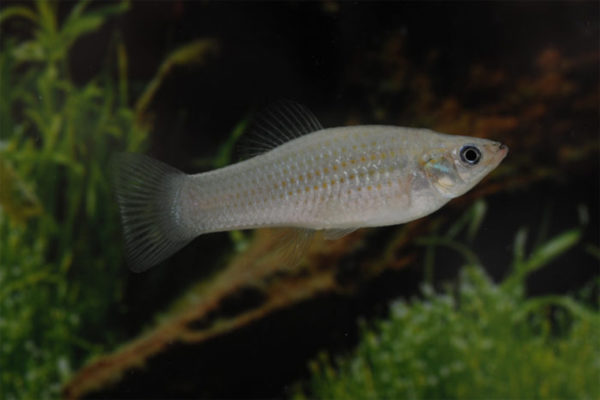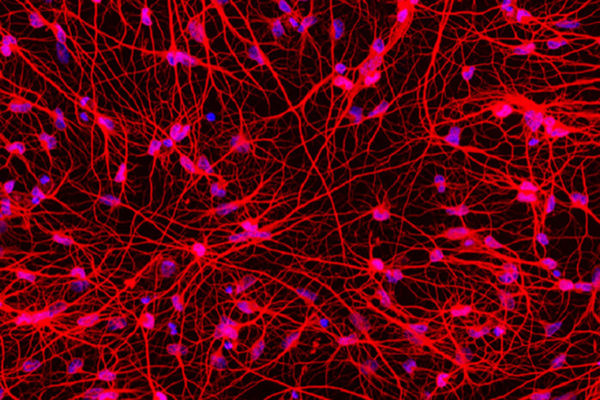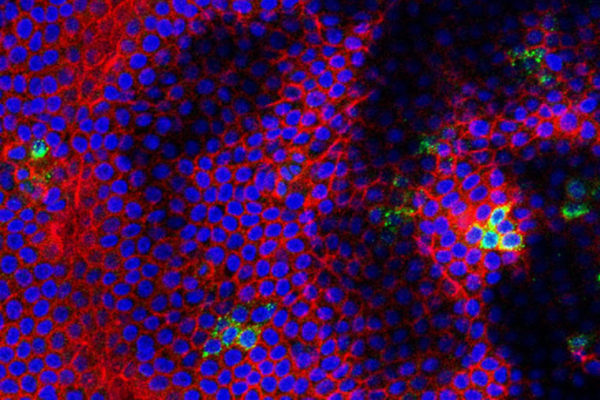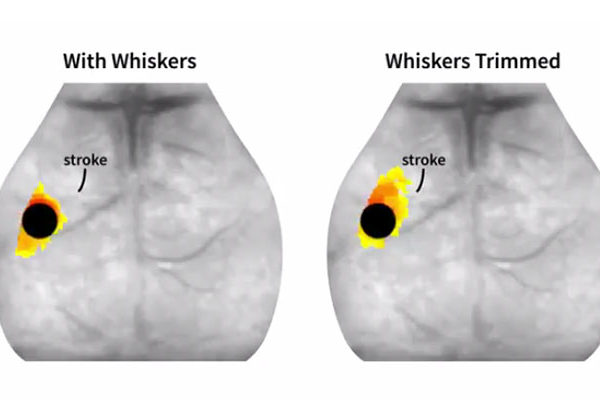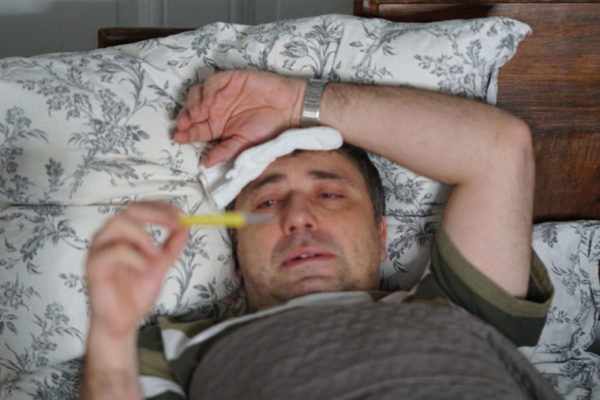Study of smoking and genetics illuminates complexities of blood pressure
A large-scale study that analyzed genetics and smoking habits has revealed new information about blood pressure. The study, conducted by an international consortium of investigators, was led by School of Medicine researchers.
Cutting off cervical cancer’s fuel supply stymies tumors
Through research in mice, School of Medicine scientists have exploited cancer cell metabolism to kill cervical tumors that are resistant to standard chemotherapy and radiation.
Despite odds, fish species that bypasses sexual reproduction is thriving
An international team of scientists, led by McDonnell Genome Institute at the School of Medicine, has sequenced the genome of the Amazon molly, a fish that reproduces asexually. The researchers expected that the asexual organism would be at a genetic disadvantage, but the Amazon molly is thriving.
A new tool to study Huntington’s disease
Scientists at the School of Medicine have transformed skin cells from patients with Huntington’s disease into the type of brain cell affected by the disorder. This offers a new tool to study the degenerative and eventually fatal neurological condition.
The importance of cultural intervention in mental health care
The first study to examine the initial impact of a culturally-adapted health care manager intervention aimed at helping Hispanics with serious mental illness, led by Leopoldo Cabassa of the Brown School, finds the intervention shows potential for improving health outcomes for Hispanics.
Like Zika, West Nile virus causes fetal brain damage, death in mice
Two viruses closely related to Zika – West Nile and Powassan – can spread from an infected pregnant mouse to her fetuses, causing brain damage and fetal death, according to a new study from the School of Medicine. The findings suggest that Zika may not be unique in its ability to cause miscarriages and birth defects.
Stroke recovery improved by sensory deprivation, mouse study shows
Temporarily shutting off neuronal signals to a healthy part of the brain may aid stroke recovery, according to new research in mice from Washington University School of Medicine in St. Louis.
ID’ing features of flu virus genome may help target surveillance for pandemic flu
A pandemic flu outbreak could kill millions. Now, School of Medicine researchers have found features of the virus’ genome that influence how well it multiplies. The findings could help target pandemic flu surveillance efforts to make it easier to find the next outbreak before it spreads widely.
Body clock disruptions occur years before memory loss in Alzheimer’s
Washington University School of Medicine researchers have found that circadian rhythm disruptions occur much earlier in people whose memories are intact but whose brain scans show early, preclinical evidence of Alzheimer’s.
Sun Pharma Advanced Research Co. commits $10 million to drug development
The School of Medicine is joining with Sun Pharma Advanced Research Co. (SPARC) to support new drug development through the university’s Center for Drug Discovery and the Skandalaris Center for Interdisciplinary Innovation and Entrepreneurship. SPARC will provide $10 million to fund the Skandalaris Center’s LEAP Inventor Challenge and provide drug development expertise to researchers pursuing the commercialization of new pharmaceuticals.
Older Stories

